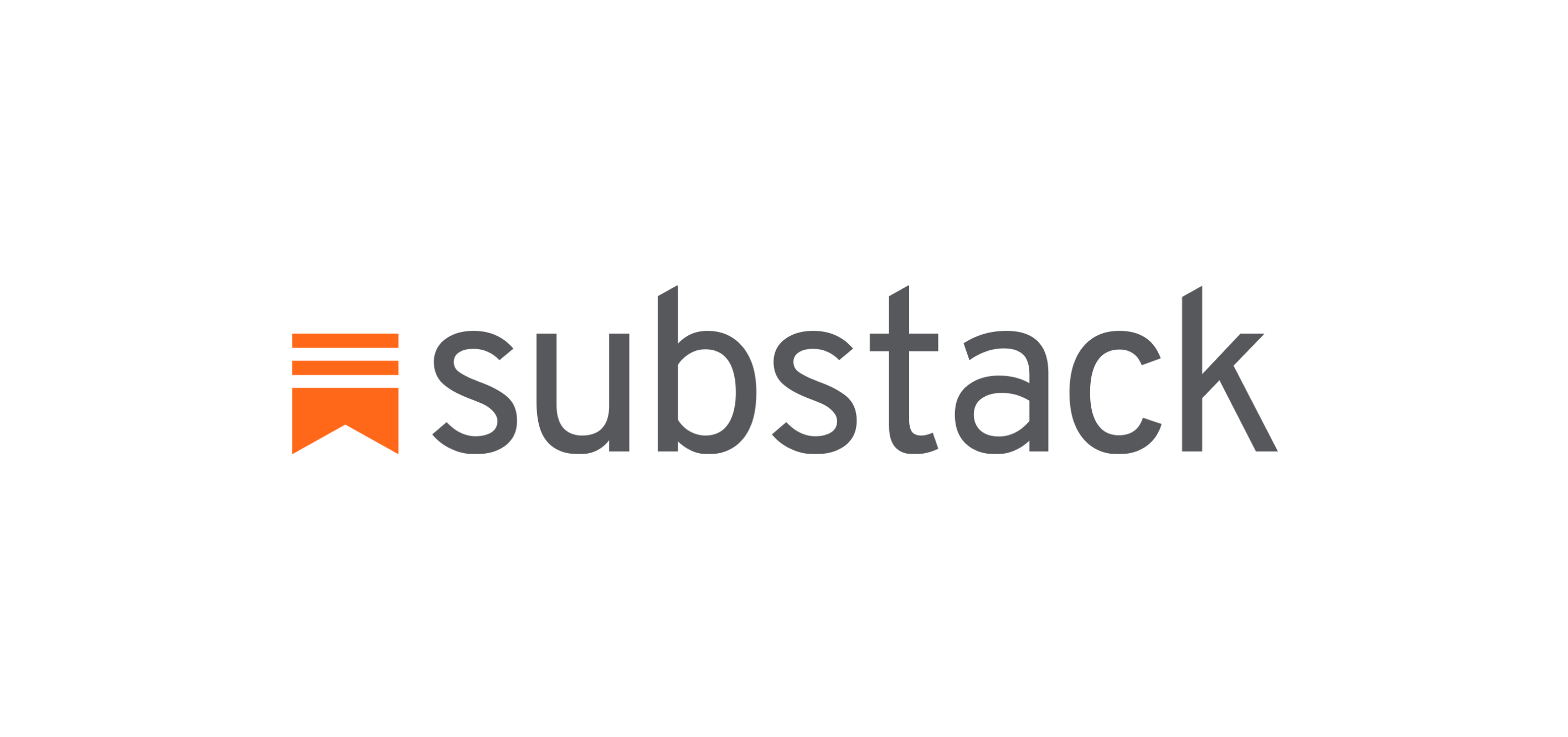Something was amiss. I couldn’t put my finger on it. I should have felt great, but I didn’t. After all, “needy” people were getting free groceries and I was helping them, so, why so glum?
I felt like a mixture of grocery clerk and policeman, with a tiny bit of Jesus mixed in. Herein, lies the problem. We were just grocery clerks, feeding people who needed help and some who used and abused the system. We didn’t get to know them as people. They were our clients and we were the providers. Inadvertently, we helped keep their already diminished sense of worth and human dignity low. They couldn’t give us anything for what we were doing for them. They couldn’t even help by volunteering. They had little choice and got what we gave them, the overstocked items, the products past their “best used by” date, and basically, whatever we could afford to purchase and find room to store.
Sometimes, someone would say to keep an eye on so-in-so, because some people would try to stretch the boundaries of our generosity and we would have to make more rules to rein them in and then struggle with our attitudes that now regarded them simply as drug addicts, bums, and people who live on the generosity of others.
The food pantry program was a good thing though, right? We were helping the poor and it made us feel good. Actually, it was feeding our God complex and may not have been helping people nearly as much as we thought. We may have been perpetuating their poverty with our paternalistic ways. We certainly were not doing anything to help them improve their life and we were not treating them as our equals.
I am not suggesting that we ignore the poor. I am suggesting that we get to know the poor. I am not suggesting that we abandon all relief efforts. I am suggesting that we evaluate those programs to see if that is what is really needed. Where it is what is needed, we need to complement those efforts with services that helps the willing begin to take steps to get out of poverty.
I have been learning about Asset-Based Community Development (ABCD). It deals with the same problems as traditional relief efforts and often does provides relief, but not only relief. On an individual basis, instead of saying, what things have you done to get yourself into this mess? It asks, what gifts, abilities, and passions has God given you that is going to give you direction and help to make your life better?
On a community level, instead of beginning with a needs analysis; it begins with an asset analysis, with the strong belief that God is at work everywhere and it is best to utilize local resources before considering what outside resources may be needed. It is always amazing when these individuals and organizations are uncovered and they begin to network and work together.
One way creates a client/provider mentality, a loss of hope, a loss of dignity, and attitude that waits for someone else to solve the problem. The other way creates a “we’re all in this together” mentality, a sense of hope, worth and dignity that causes people to roll up their sleeves. Basically, Asset-Based Community Development begins at a different place than the traditional, need-oriented, client/provider model and where you begin makes all the difference!
Originally posted June 15, 2010.







